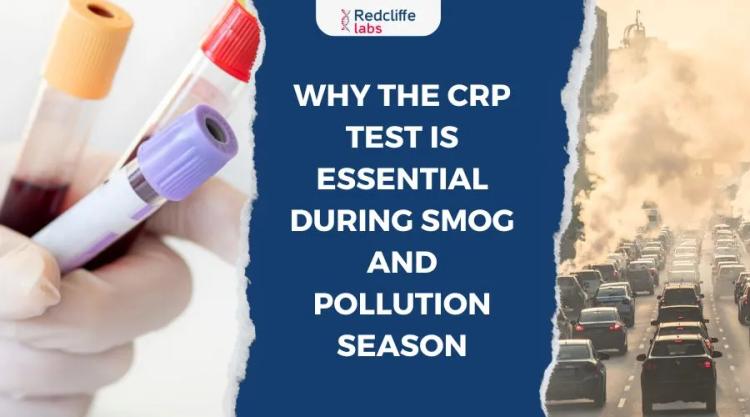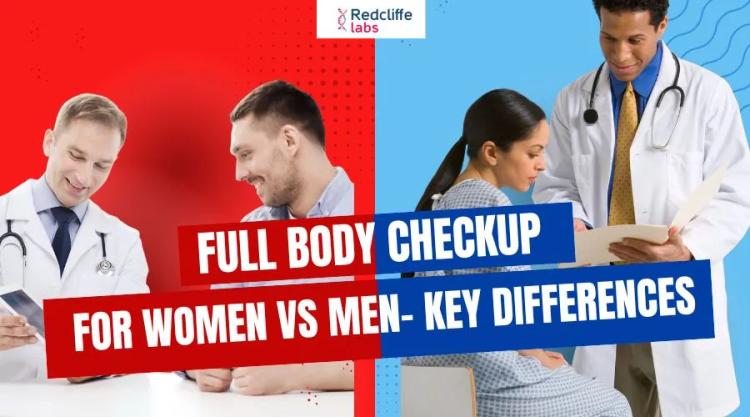HbA1c Test Preparations: Questions to Ask Your Healthcare Provider

Medically Reviewed By
Dr Divya Rohra
Written By Kirti Saxena
on Jun 29, 2024
Last Edit Made By Kirti Saxena
on Jul 19, 2025

The HbA1c test is a blood test that helps check how well you've managed your blood sugar levels. The test measures the sugar level in your blood over the past two to three months. Your doctor may recommend the HbA1c results to see if your diabetes treatment plan works. If it's too high, they might need to change your medications or suggest lifestyle adjustments like diet and exercise. Good control of blood sugar can prevent or delay diabetes-related complications like heart problems, eye issues, and nerve damage. HbA1c helps you and your healthcare team spot potential problems early.
Talking to your doctor about getting ready for the HbA1c test is important to ensure accurate results. Your doctor may help you prepare the HbA1c blood test correctly. This might include fasting tips, changing your medications, and understanding how other things you do can affect the results. In this blog, we'll talk about why the HbA1c test is so important, how to get ready for HbA1c preparation, and the important questions to ask your doctor so that you can make the most of this important test for managing your diabetes.
Why is preparation for the HbA1c test Important?
The HbA1c test helps you to manage your diabetes by measuring your blood sugar. The test gives you an average of your blood sugar levels over the past two to three months. Unlike the regular finger-prick glucose tests you do daily, which show your sugar level at one moment, HbA1c gives a bigger picture. This blood test shows the result of your sugar control over a longer time. Thus, hemoglobin a1c test preparation is important to get accurate test results so your healthcare team can see how well your treatment plan works. If your HbA1c is too high, you need to adjust your medications or make lifestyle changes like your diet and exercise.
HbA1c blood test preparation
Here are some key points for preparation for the HbA1c test you must follow before the test:
- Fasting Requirements (if any): Consult your doctor before the test. However, the Hb1Ac does not require fasting; you can eat and drink as usual.
- Medication Instructions: Your doctor will guide you on what to do with your medications before the test. They might ask you to take your medications as usual or make some adjustments.
- Exercise and Physical Activity Guidelines: Physical activity can influence blood sugar levels. Your doctor will advise whether you need to modify your exercise routine before the test. Discuss with your healthcare provider if you're a regular exerciser.
Important Questions to Ask Your Healthcare Provider Before HbA1c Test
General questions about the Hb1AC test
Q. Why am I having this Hb1Ac test?
A. You should ask your doctor about the specific reasons for having the HbA1c test. The test is crucial in diabetes care as it provides a reliable, long-term measure of blood sugar control. The Test helps your healthcare providers monitor and adjust treatment plans, reduce the risk of complications, and promote better overall health for diabetic patients.
Q. How often should I have it?
A. The frequency of HbA1c testing can vary from person to person. Your doctor will recommend a schedule based on your health and diabetes management needs. Some people may need it every three months, while others may have it less frequently. Knowing how often you should have the test will help you stay on top of your diabetes management routine.
Q. Are there any risks for the HbA1c blood test?
A. The HbA1c blood test is generally low-risk. Possible complications include minor pain or discomfort during the blood draw, bruising, and fainting (in some cases). These risks are typically minimal and transient.
Q. Can I naturally lower my HbA1c?
A. Yes, you can naturally lower your HbA1c through lifestyle changes. Eating a balanced diet with fewer sugary and high-carb foods, engaging in regular physical activity, and maintaining a healthy weight can help improve blood sugar control. Managing stress, getting enough sleep, and staying hydrated also play a role. However, consult your healthcare provider before significantly changing your diabetes management plan.
Q. How often do I need this test?
A. The frequency of HbA1c testing depends on your health and diabetes management. For most people with diabetes, the test is performed every three to six months to monitor blood sugar control and treatment effectiveness. If your diabetes is well-controlled and stable, your doctor may recommend less frequent testing every six to twelve months. Always follow your healthcare provider's recommendations for test scheduling.
Q. What is the Hb1Ac test price?
A. The Hb1Ac test price at Redcliffe Labs is INR 299. You can book your test online, and the phlebotomist will come to your place to collect the sample.
HbA1c blood test preparation questions
Q. Do I need to fast before the test?
A. The test does not require fasting. However, consult with your doctor before the test to ensure accurate results.
Q. Should I take my regular medications before the test?
A. Some medications can affect the test results, while others may not. Consult your doctor for proper guidance, as they will advise you based on your situation and medications.
Q. Does drinking water reduce HbA1c?
A. No, drinking water does not reduce HbA1c levels. HbA1c measures average blood sugar over a few months and is not affected by hydration on the test day. Staying well-hydrated is generally important for overall health but won't immediately impact HbA1c results.
Q. Does HbA1c increase after eating?
A. HbA1c levels do not typically increase immediately after eating. Unlike daily blood glucose levels, which fluctuate after meals, HbA1c reflects an average over the past 2-3 months. It provides a more stable result of blood sugar.
Q. What should I avoid before the HbA1C test?
A. Alcohol and excessive physical activity on the test day may also influence the accuracy of the results and should be avoided or minimized. However, you do not need to fast. You can also give blood samples at any time of the day.
Q. When is the best time to test for HbA1c?
A. HbA1c testing does not depend on a specific time of day. You can take the Hb1Ac test any time of the day.
Q. How accurate is the HbA1c test?
A. The HbA1c test accurately assesses three months of blood sugar control.
Q. What happens during the Hb1Ac test?
A. The phlebotomist will collect the blood sample from a vein in your arm, and the sample will be sent to a laboratory for analysis.
Diet and lifestyle questions
Q. Can I eat or drink before the test?
A. Usually, the test does not require fasting. However, consult with your healthcare provider before the test for accurate results.
Q. Should I follow a specific diet before the test?
A. You can eat and drink as usual before the test.
Q. How does exercise affect the test results?
A. Exercise can affect HbA1c test results, so discussing this with your healthcare provider is important. Regular physical activity can lower your average blood sugar levels, which may lead to a slightly lower HbA1c result. Discuss your exercise habits with your healthcare provider to ensure the most accurate interpretation of your HbA1c results.
Interpreting the results
Q. What range is considered normal for HbA1c?
A. A normal HbA1c level typically falls between 70 mg/dL (3.9 mmol/L) and 100 mg/dL (5.6 mmol/L), which indicates good blood sugar control.
Q. What do the test results indicate?
A. HbA1c test results indicate the average blood sugar levels over the past 2-3 months. A higher HbA1c level suggests poor blood sugar control, which may indicate uncontrolled diabetes. Lower levels indicate better blood sugar control. The results help to assess the effectiveness of diabetes management plans, make treatment adjustments, and reduce the risk of complications related to diabetes.
Q. Do I have a risk of developing diabetes if my blood sugar level is 102 mg/dL?
A. A fasting blood sugar level of 102 mg/dL is slightly high but does not necessarily indicate diabetes. However, it may suggest an increased risk, and monitoring your blood sugar and lifestyle changes like a healthy diet and regular exercise is advisable. Consult a healthcare provider for a thorough evaluation and personalized guidance to assess your risk of diabetes.
Takeaway
Prope HbA1c preparation ensures accurate and reliable results, which are invaluable for diabetes management. The precise test reports offer the potential for improved blood sugar control, reduced risk of complications, and a healthier, more confident you. Book your Hb1Ac test with Redcliffe Labs to get timely, accurate test reports.



